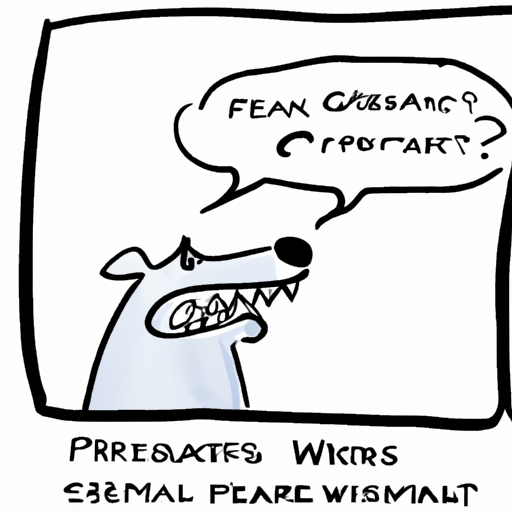As a dog owner, you might have observed your dog’s jaw chattering. You might wonder if it’s normal or if there’s a reason to worry. Understanding why your dog’s jaw is chattering is essential in ensuring they are healthy and comfortable.
H2: Understanding Jaw Chattering in Dogs
Jaw chattering in dogs is a common occurrence, but it isn’t always a cause for concern. Sometimes, it might just be a response to a smell or taste that intrigues them. However, in other cases, it could signify a health issue.
You can usually tell the difference by observing your dog’s behavior and looking for other signs of discomfort or illness. If your dog’s jaw chatters occasionally and they seem otherwise healthy, it’s likely nothing to worry about. If you notice it happening frequently or accompanied by other unusual symptoms, it’s worth talking to a vet.
H2: Common Causes of Jaw Chattering
There are several reasons why your dog’s jaw might be chattering. Here are a few of the most common:
- Excitement or Anticipation
-
When your dog is excited or anticipating something they enjoy, such as going for a walk or eating a treat, their jaw might chatter.
-
Cold
-
Just like humans, dogs can shiver and chatter their teeth when they’re cold.
-
Oral Pain or Discomfort
-
If your dog has a dental issue, such as a tooth infection or gum disease, they might chatter their jaw.
-
Neurological Conditions
- Some dogs suffer from neurological conditions that can cause involuntary jaw chattering.
H2: When to Seek Veterinary Help
While occasional jaw chattering might not be a cause for concern, it’s essential to pay attention to any accompanying signs. If your dog shows any of the following symptoms, it’s best to consult your vet:
- Loss of appetite
- Difficulty eating or drinking
- Excessive drooling
- Swelling around the mouth or jaw
- Unusual aggression or irritability
H2: Preventing Jaw Chattering
Preventing jaw chattering in dogs primarily involves maintaining their overall health. Here are a few steps you can take:
- Regular Vet Check-ups: Regular vet appointments help catch any potential health issues early.
- Dental Hygiene: Regular brushing of your dog’s teeth and providing dental chews can help prevent oral health problems.
- Keeping Warm: If your dog tends to chatter their teeth when it’s cold, ensure they’re adequately protected from the cold.
H2: FAQ
Q: Can jaw chattering be a sign of seizures in dogs?
A: Yes, jaw chattering can sometimes be a symptom of a neurological condition, including seizures. If your dog’s jaw chattering is accompanied by other symptoms, like loss of consciousness or muscle spasms, it’s crucial to seek veterinary help.
Q: Does jaw chattering mean my dog is cold?
A: Possibly. If it’s cold outside and your dog’s jaw is chattering, they might be feeling cold. Providing them with a warm blanket or a heated dog bed can help.
Q: What does it mean if my dog’s jaw is chattering after smelling something?
A: Dogs have an exceptional sense of smell, and they might chatter their jaw when they pick up an interesting or intense scent. This is usually nothing to worry about.
Q: Should I be worried if my dog’s jaw chatters occasionally?
A: Occasional jaw chattering is typically not a cause for concern. However, if it’s happening frequently or accompanied by other symptoms, it’s best to consult with a vet.
Remember, you know your dog best. If something doesn’t seem right, it’s always better to seek professional help. Your vigilance ensures your furry friend’s health and happiness.



